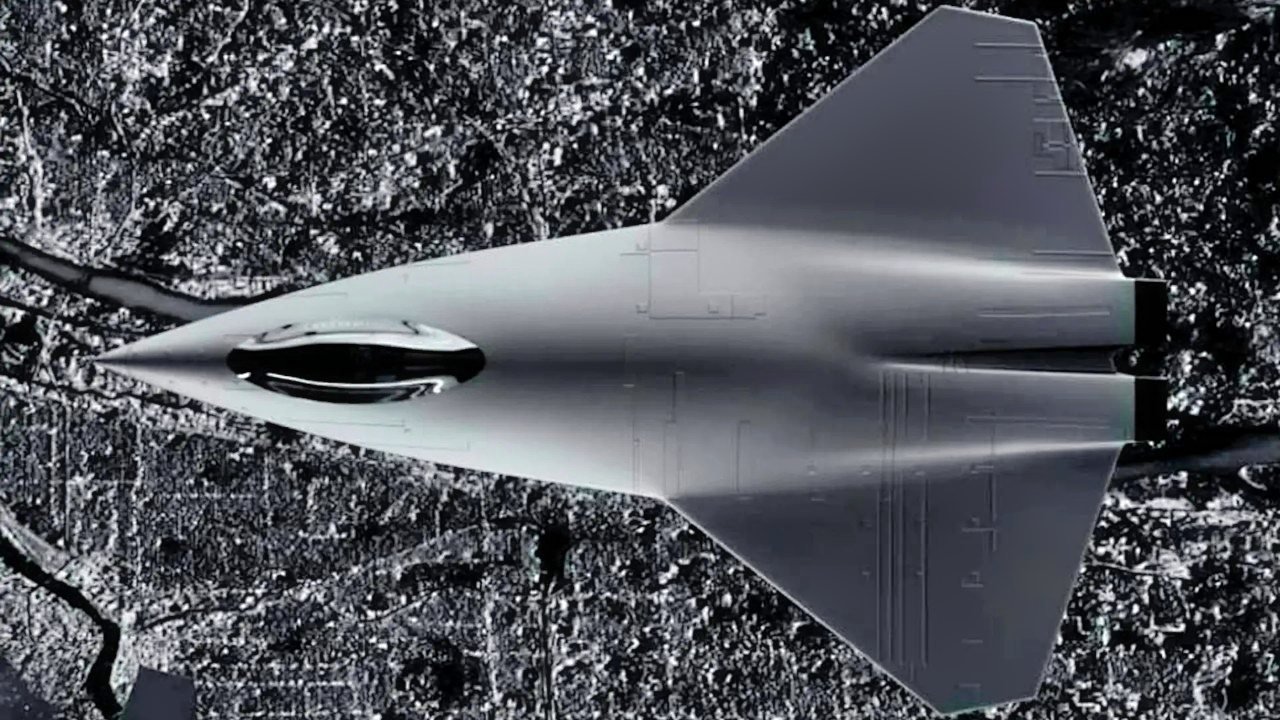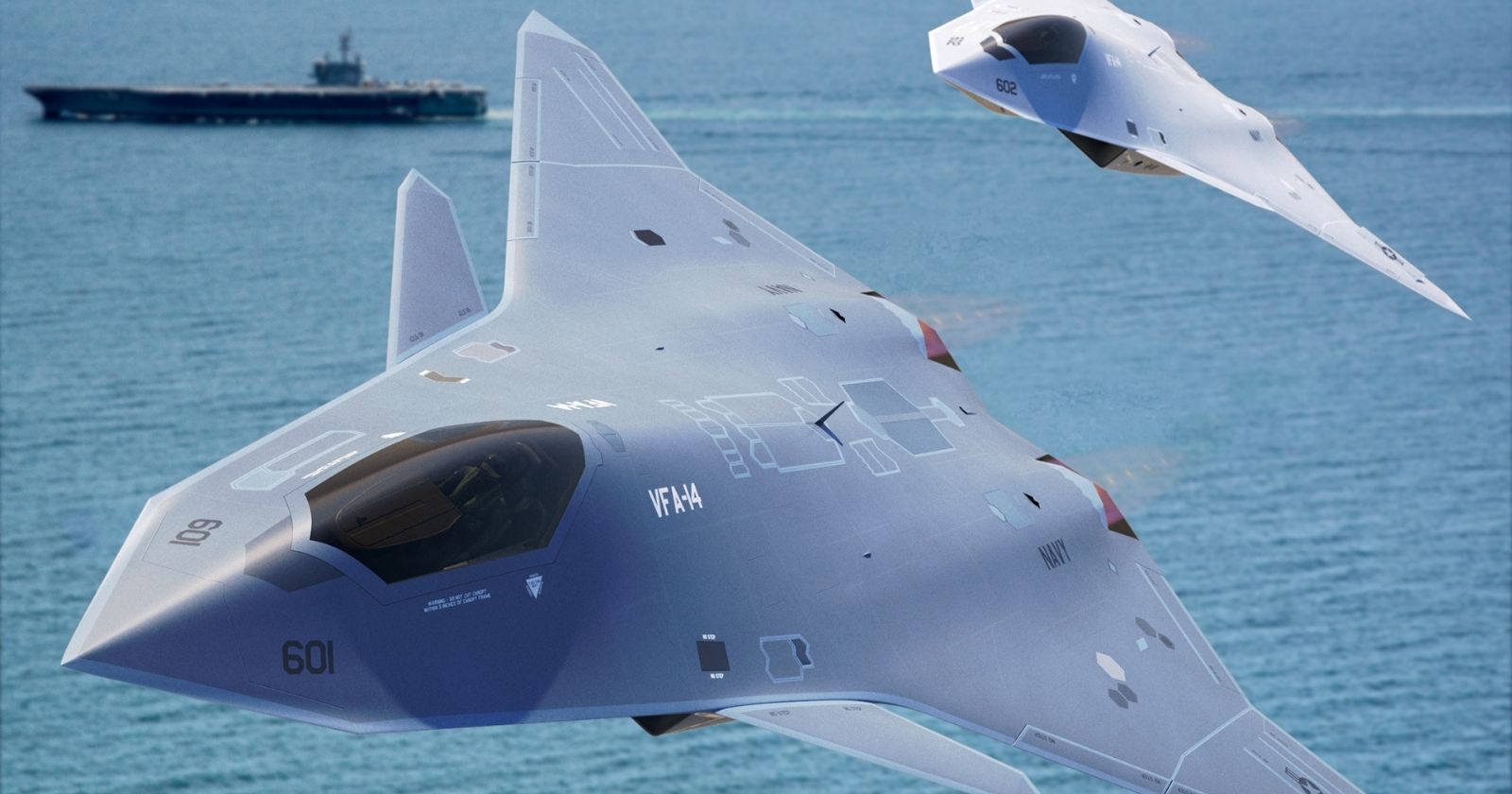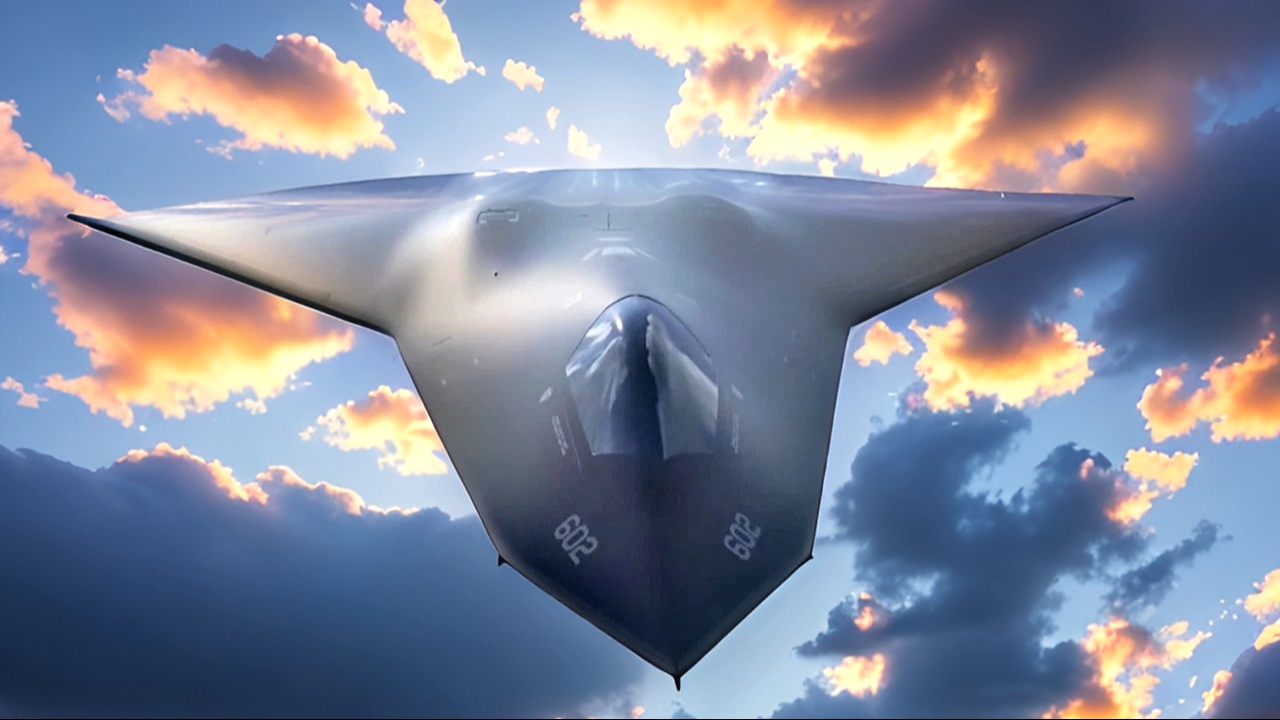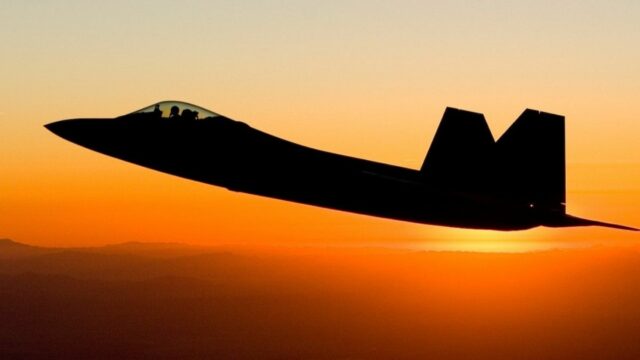The United States Air Force has decided to pause the NGAD (Next Generation Air Dominance) program, which aimed to develop a 6th-generation fighter jet. This major project is currently on hold. But what led to this decision? Here are the details…
U.S. Air Force Halts NGAD 6th-Generation Fighter Jet Program
Air Force Secretary Frank Kendall stated that although the development of the NGAD fighter jet has been halted, other elements of the air dominance system, such as the Collaborative Combat Aircraft (CCA) unmanned drone program, will continue. The decision was made due to concerns about the high costs of the NGAD. Each NGAD aircraft was expected to cost hundreds of millions of dollars.

For the U.S. Air Force, assembling such a large budget is not easy. This pause provides the Air Force with an opportunity to reassess the design and necessity of the 6th-generation fighter jet program. Having learned from past cost overruns in the F-22 and F-35 projects, the Air Force is taking cautious steps to avoid repeating the same mistakes with the NGAD program.
Kendall clarified that the NGAD program has not been entirely canceled and could resume after a few months of evaluation. He also did not rule out the possibility that the future 6th-generation fighter jet could be unmanned. However, he noted that they are not currently ready for an unmanned platform, suggesting that in the future, these aircraft could be operated by artificial intelligence instead of pilots.

The costs associated with the NGAD are truly astronomical. Each NGAD aircraft is estimated to cost around $300 million. This high price is due to the research and development costs of cutting-edge technologies, such as advanced adaptive cycle engines, sophisticated radar-absorbing materials, and sensor systems that could rival those of the F-35.
This pause may have been taken because the Air Force does not see an immediate need for such significant resource expenditures. However, given the expectations of Boeing and Lockheed Martin and China’s efforts to enhance its military capabilities, it is likely that the NGAD program could resume in the near future.














